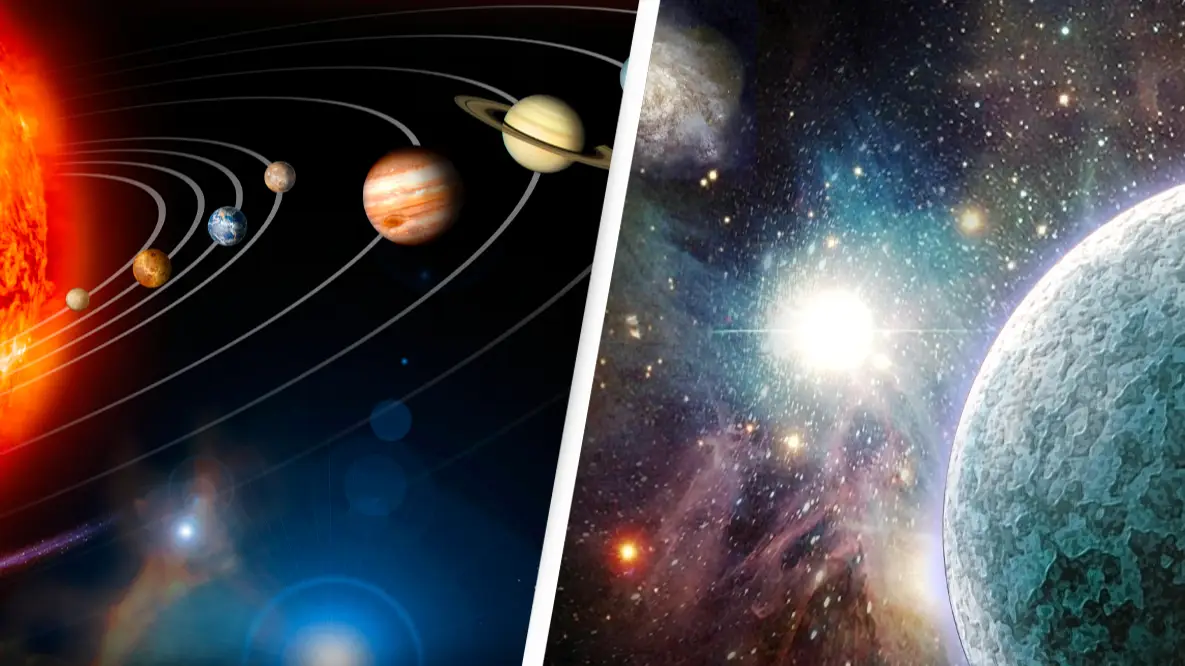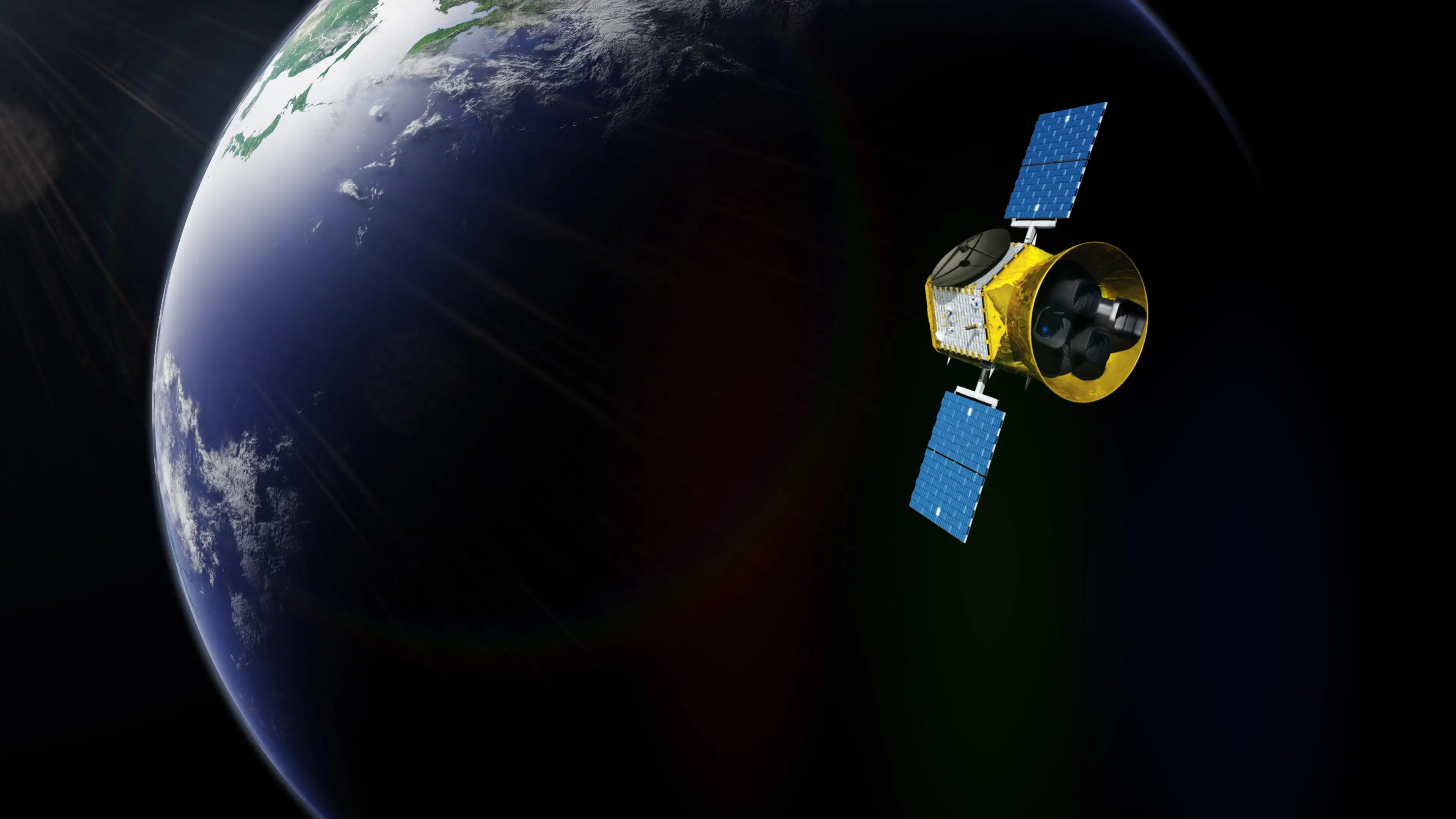
NASA has confirmed that there are over 5,000 known planets outside our solar system.
The space agency recently added another 65 exoplanets to its archive which has brought the total to 5,005, meaning we could be getting closer to finding signs of intelligent life.
Many of those that have been discovered are similar Earth in their formation, with rocky terrains, while others are huge gassy planets that are much larger than even Jupiter.
Researchers have also come across 'mini-Neptunes' and 'super-Earths' during their analysis.
Advert
Jessie Christiansen, the science lead for the archive and a research scientist with the NASA Exoplanet Science Institute at Caltech in Pasadena, said it's an 'exciting' development.
In a press release on NASA's website, she said: "It’s not just a number. Each one of them is a new world, a brand-new planet. I get excited about every one because we don’t know anything about them."

With information and data being gathered at an ever-increasing read, thanks to projects such as the Transiting Exoplanet Survey Satellite, which launched in 2018, NASA says we are in the midst of an 'era of discovery'.
Our galaxy alone, it's thought, is likely to be home to billions of exoplanets. Alexander Wolszczan was the lead author on the paper into the first planets found outside our solar system over 30 years ago, and he is confident of us eventually finding life out there somewhere.
He said: "If you can find planets around a neutron star, planets have to be basically everywhere. The planet production process has to be very robust. To my thinking, it is inevitable that we’ll find some kind of life somewhere – most likely of some primitive kind."
When they're not looking for signs of other worlds, though, scientists are working hard to protect life closer to home.
Earlier this month, astronomers were put on alert after an asteroid was spotted heading for Earth.
On March 11, a small asteroid hit the planet's atmosphere over the Norwegian Sea before disintegrating. It was just two metres in size, according to NASA, and it came into the view of astronomers just as it broke through the Earth's atmosphere.
This isn't to say they were caught off-guard: two hours before the asteroid made impact, K. Sarneczky at the Piszkéstető Observatory in northern Hungary reported observations of a 'bright and fast-moving object' to the Minor Planet Centre.
From here, the object – named Asteroid 2022 EB5 – was posted on the centre's Near-Earth Object Confirmation Page, where it was eventually confirmed as an asteroid with an impact likelihood of less than 1 percent.
However, this later leaped to an impact chance of 100 percent, then-predicted to land somewhere near Northern Ireland.
Using just a handful of observations, NASA's 'Scout' impact hazard assessment system took the centre's early measurements to calculate the trajectory of the asteroid.
Topics: NASA, US News, Science, Technology